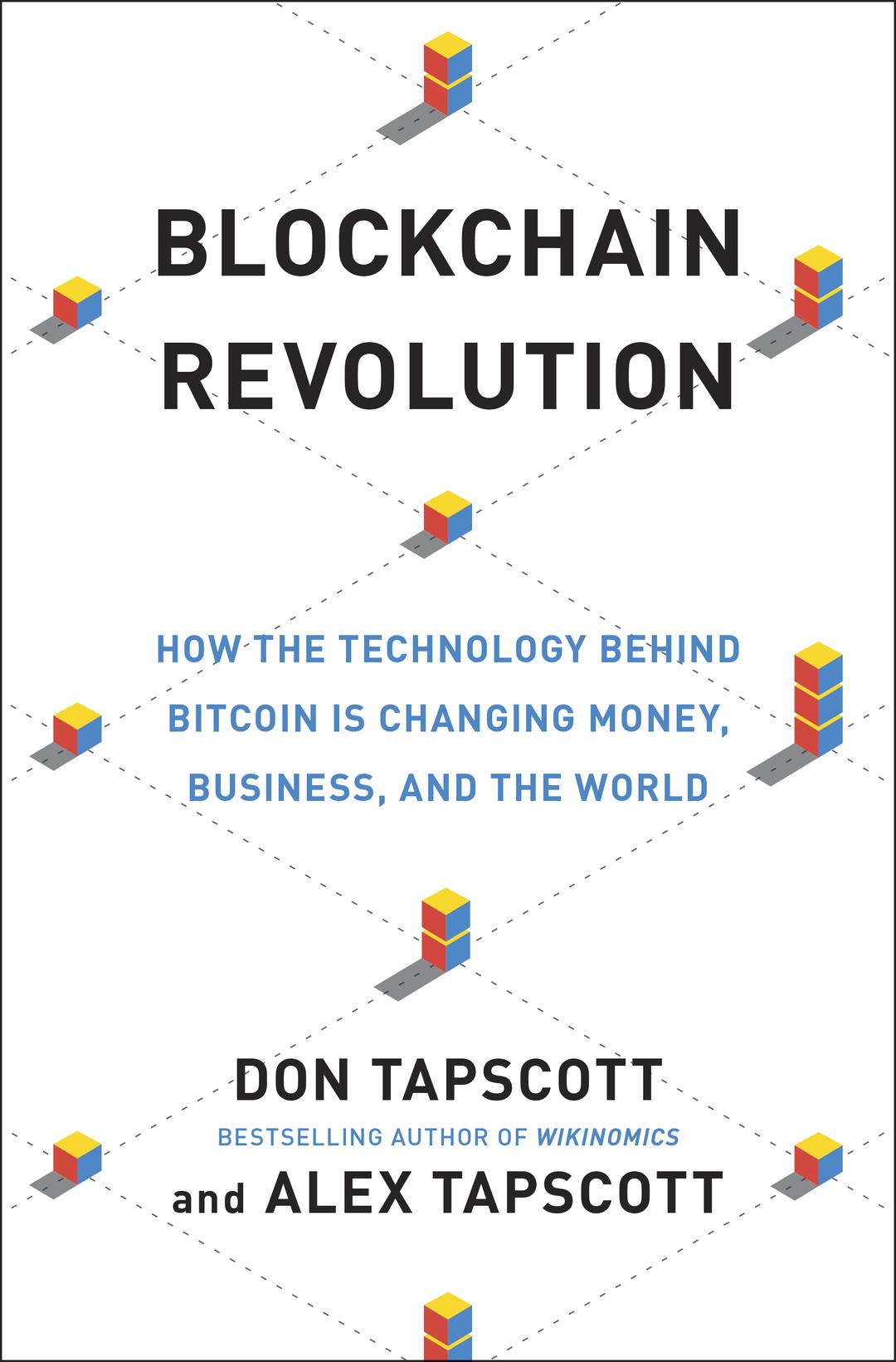The Star’s innovation series is guest edited by Don Tapscott, one of the world’s leading authorities on innovation and the digital age.
Canada is at a turning point. Plummeting oil prices, lacklustre economic performance, a petrodollar, pernicious climate change and structural youth unemployment illustrate the need for a shift from a resource economy appropriate for the industrial age to an innovation economy appropriate for the digital age.
Toronto, specifically, can lead the way and become a global centre for innovation, entrepreneurship, breakthrough science, rich culture, open government and prosperity as a whole.
In this special innovation edition of the Star, I’ve helped curate stories outlining mind-boggling developments, and even written a few, in the hope that you will become motivated to join in, if you haven’t already.
The Canadian economy has been based on resources and traditional industrial-age manufacturing and approaches. It’s time to move forward. This is not to say we should abandon our resource industries or manufacturing. They are also changing through innovation. If we do this right, they can become cleaner, safer and better for everyone.
In the industrial age, powerful institutions produced standardized goods and services that were sent to passive participants. They pumped out consumer goods, TV shows, advertisements, government services, movies, cars and even solutions to global problems. Teachers pushed out lectures. Clinicians delivered health care. Police officers delivered public safety to people who gratefully received it.
Now, we can all become engaged and co-create our economy, communities and city. Collaboration changes everything.
We can no longer count on big resource companies, manufacturers or banks to create jobs. Entrepreneurship creates jobs and we need to foster that. Toronto has the talent to be the most vibrant hub of invention, creation and innovation in the world. We need collaboration applied to everything from innovative models of industry, education, health care, government and democracy.
Canada has healthy, powerful and well-run banks. However, executives in all Canadian banks will tell you that new financial technologies, so called “fintech,” are beginning to revolutionize financial services and they’re gearing up for big changes.
You will read about the most important technology bringing change in banking and many other parts of the city and country — the blockchain revolution. Blockchain is enabling the Internet to enter a second era where we can establish trust to do transactions and conduct business and human affairs without powerful intermediaries like banks, governments or technology companies, but rather through mass collaboration and clever code.
We need to think differently about transportation. Within a decade, self-driving cars will be everywhere and if we plan today, we can have a virtual mass transit system for a tiny fraction of the cost of industrial age approaches. Perhaps it’s even time for regional models of governance embracing exciting new green mini-cities like the proposed East Harbour.
We need stronger communities where public safety is delivered not just by police but by all of us collaborating through networks and where big data is the criminal’s worst nightmare.
Imagine a city where, in 2025, technology eliminates most of the challenges for people with disabilities. Let’s embrace artificial intelligence for medicine, build bionic bones, create an Internet of DNA and shift scientific research to a collaborative model rather than what exists today. Let’s use DNA testing to ensure food safety and 3D print missing body parts.
Culture is changing, too, as exemplified by the Toronto International Film Festival, that has undertaken bold efforts to transform itself for the networked age.
Imagine open government — not just transparency but governments that share their data with citizens and engage us through exciting new techniques like challenges, digital brainstorms and policy wikis. Let’s move to a new era in democracy with active citizenship and a culture of public deliberation and elected representatives that act with integrity.
This is not a time for tinkering with old approaches. It’s a time of transformation. Toronto and Canada both need an innovation strategy and it is my hope that this issue of the Star will act as a catalyst.
The strategy shouldn’t just be created by government, but by the private sector, NGOs, academia, cultural groups and communities. It needs to be created by us all, and cultivated by you.
Torontonian Don Tapscott is the author of 16 books, including his latest, with his son Alex, Blockchain Revolution: How the Technology Behind Bitcoin is Changing Business, Money and the World. @dtapscott
(Photo: Lucas Oleniuk / Toronto Star)

